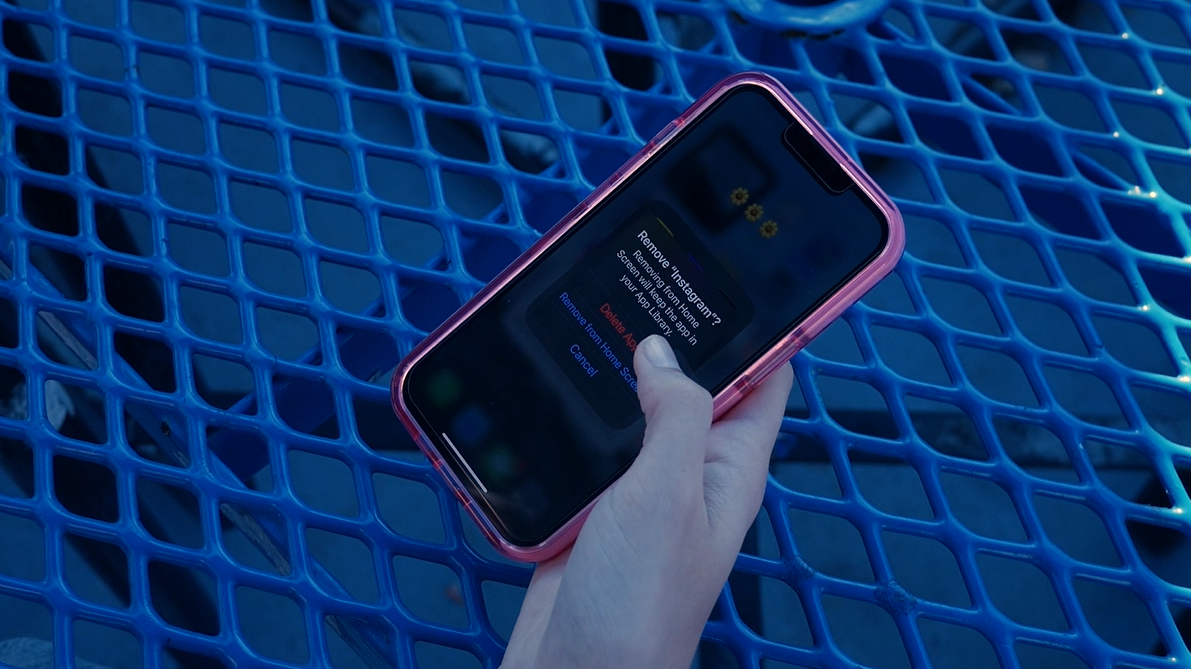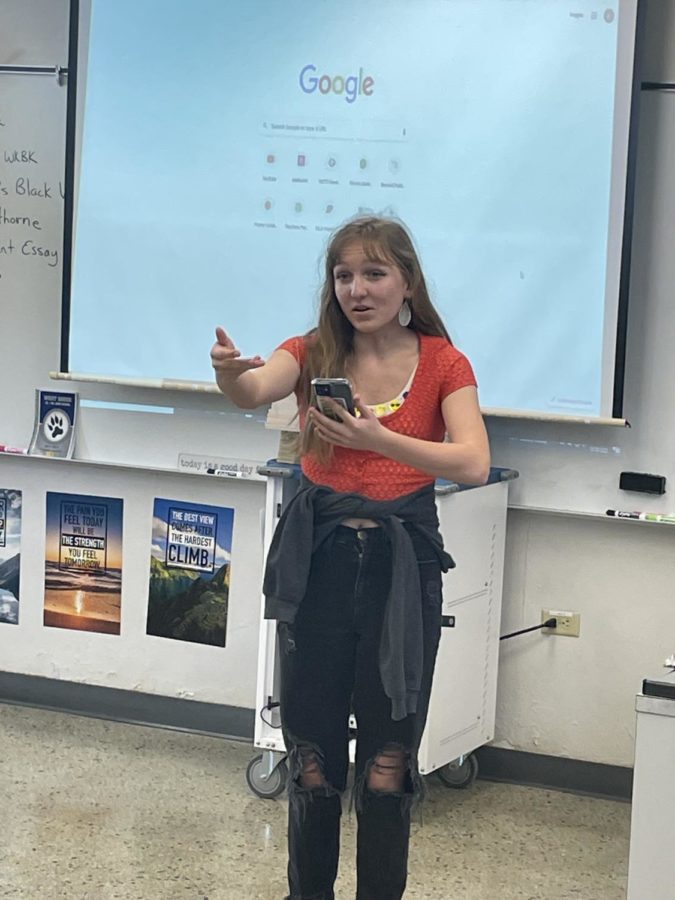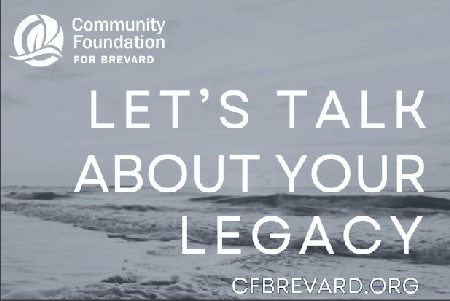Book removals impact Slam Poetry Club
April 18, 2023
A new law banning certain books in Florida schools is causing problems for the Slam Poetry Club. Some poetry books contain individually banned pieces of poetry, causing the entire book to be kept out of the classroom.
“I’ve always preferred book poetry because that’s what I grew up on,” freshman Sophia Fetouh said. “I was raised by using encyclopedias for research and references, not the internet. The first time I ever used a laptop in school was in third grade when I moved to Florida from Kansas City. With book poetry, it’s easier to feel what the poet is feeling, it’s easier to understand. That’s what I love about book poetry.”
The poem “It’s No Use/ Mother Dear” by Sapho is currently under review. Freshman Hannah Jones plans to reciting it at a future meeting, but is concerned about the banning of other pieces of poetry.
“Overall, I don’t think ‘It’s No Use/ Mother Dear’ will be banned, as it is not one of her controversial poems,” freshman Hannah Jones said. “However, she has a set of truly excellent poems that are under question, and I find that quite sad. Her works are beautiful, and I hate the idea that people might not gain exposure to them. It isn’t about women loving women, so therefore it is seen as normal and non-threatening. However, I will say that many of her works have gone through the original banning process over time, so the poems we have nowadays are only a fraction of what we could have had if not for censorship throughout history.”
Slam Poetry Club member Meghana Geddam, a freshman, said banning of these pieces of poetry is terrible for the future of Brevard Schools.
“Teachers are being affected by this because they are now restricted from teaching their students some of the most influential books during that period,” she said.
Freshman Kellyn Hoffman called the banning of poetry is a mistake.
“It’s really disappointing how fast people are deciding to ban poetry, and sometimes it’s just because of one person’s opinion, not a group,” Hoffman said.
By Francis Lewandowski





















































